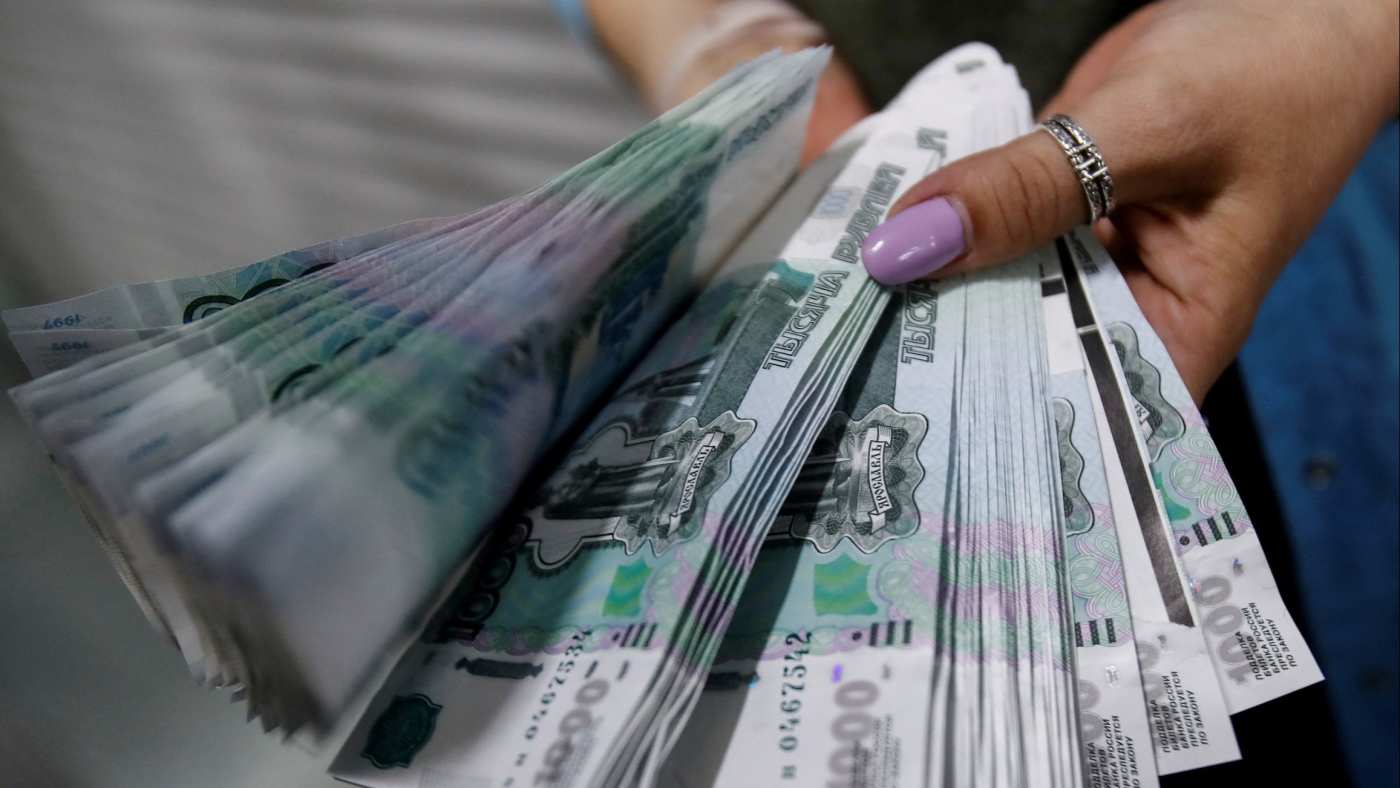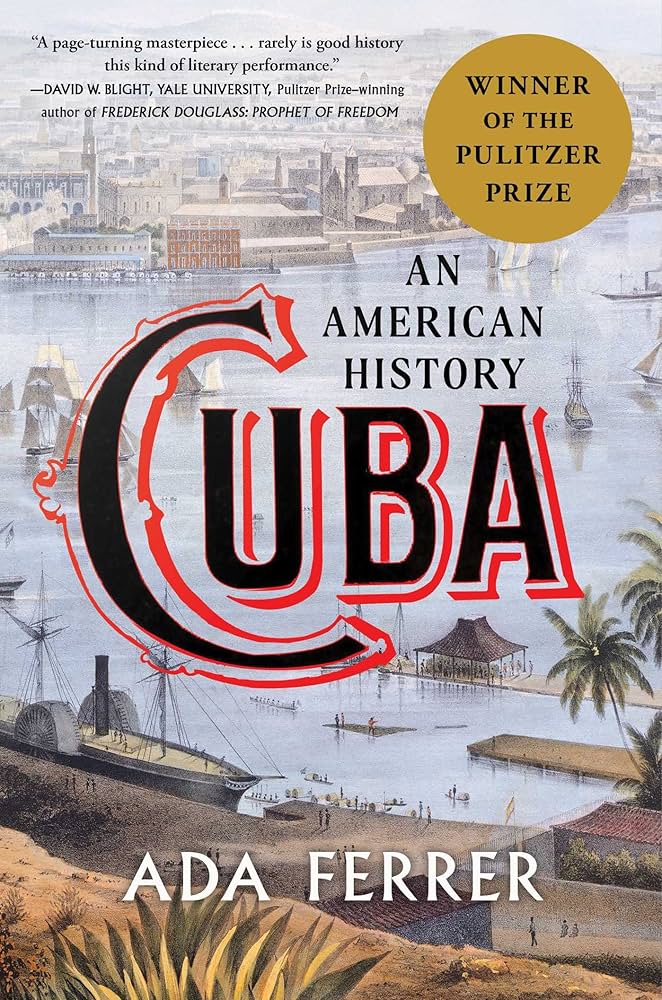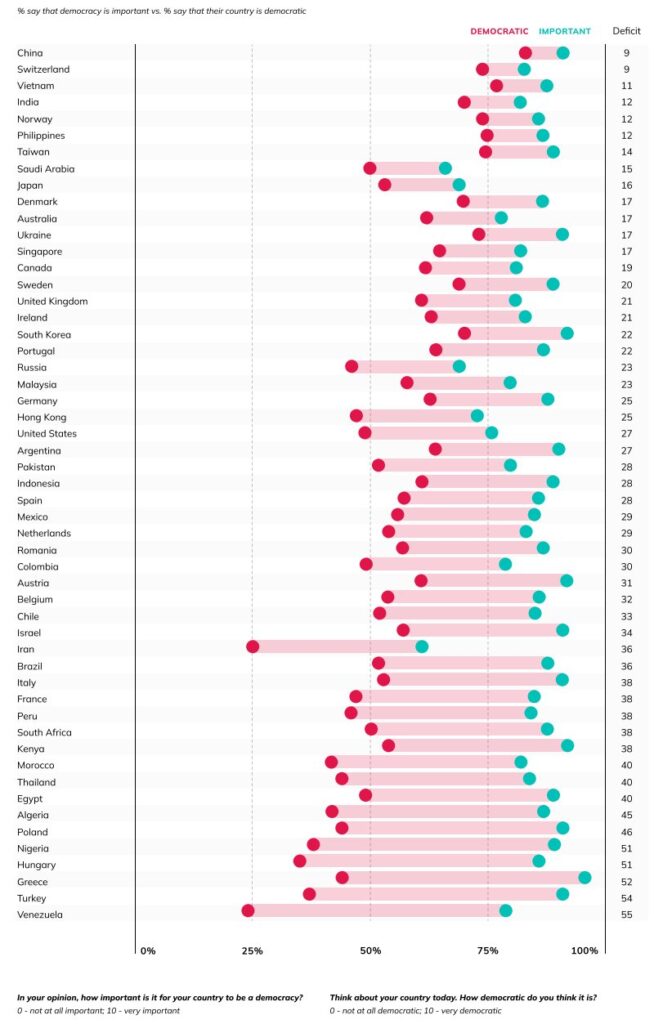
This Financial Times article shows a very bleak reality of contemporary capitalism and imperialism. However, this is nothing new that is exclusive to the current day. The way finance capital flows premptively along the flow of the forces of war or peace is just good business.
Investors in American weapons made it big when the war broke out, and investors in Ukrainian development, lending, defense, energy, agriculture, and rare earth mineral exploitation will make it big if a peace deal is brokered between Ukraine and Russia.
There is an adage I read that I’ve struggled to find the source of…
The difference between feudalism and capitalism is that under feudalism, a king directs the flow of resources. Under capitalism, capital itself dictates resource distribution.
I’m paraphrasing, but you get it, right? It’s not about individual leaders and their judgement anymore. If a boardmember decides not to pollute a river for profit, he must be replaced for not doing his duty to the shareholders. And any company that does not act with swift and violent profit-seeking will be beaten out by its competition that chooses the more depraved path.
This article pairs nicely with Lenin’s Imperialism, the Highest State of Capitalism.


